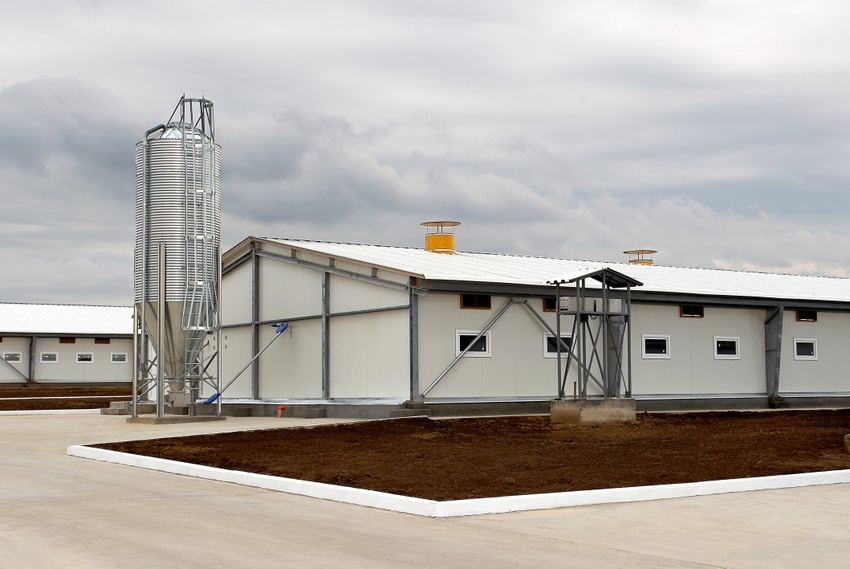Groups say family farms will be affected most by state's new law, leading to greater consolidation.

The National Pork Producers Council (NPPC) and the American Farm Bureau Federation (AFBF) have filed a legal challenge to California's Proposition 12, which imposes animal housing standards that reach outside California's borders to farms across the U.S. and beyond.
"Proposition 12 revolves around a set of arbitrary standards that lack any scientific, technical or agricultural basis and will only serve to inflict further harm on U.S. hog farmers," NPPC vice president Jen Sorenson said. "California represents approximately 15% of the U.S. pork market, and Proposition 12 will force hog farmers who want to sell pork into the populous state to switch to alternative housing systems -- at a significant cost to their business. U.S. pork producers are already fighting to expand market opportunities overseas. We shouldn't have to fight to preserve our domestic market too."
According to the complaint, it is estimated that only about 1,500 out of California’s 8,000 sows are used in commercial breeding in the state and are housed on a handful of very small farms. In fact, the "Census of Agriculture" showed that only 208,000 hogs were sold by all farms in California in 2017, including those farrowed outside California.
“Those sows are, therefore, insufficient even to supply the current in-state farms’ annual capacity of approximately 65,000 commercial hog finishing spaces that exist in California, which must, therefore, be filled from out-of-state sows,” the complaint explained.
Beginning Jan. 1, 2022, Prop 12 prohibits the sale of pork in the state that was not produced according to California's highly prescriptive production standards. The proposition applies to any uncooked pork sold in the state, whether raised there or outside its borders. Currently, less than 1% of U.S. pork production meets Prop 12's requirements. In order to comply with Prop 12, U.S. hog farmers need to start making investment decisions today to be ready by the implementation date, the groups noted.
AFBF general counsel Ellen Steen noted that the law was sold to California voters as a solution to improve animal welfare and food safety, but “it has nothing to do with food safety, and many animals will suffer more injury and illness under its arbitrary rules."
She continued, “The best way to protect animal well-being is to allow farmers to make farm-specific and animal-specific decisions on animal care. Prop 12 will deny them that ability while driving up their costs.”
Family farms will be affected most, especially smaller independent farms, leading to fewer family farms and greater consolidation in the pork industry, she added.
The complaint asks the courts to strike Prop 12 as invalid under the Commerce Clause of the U.S. Constitution.
On Nov. 25, Judge Christina A. Snyder of the Central District of California rejected a request by the North American Meat Institute to issue a preliminary injunction against Prop 12. That lawsuit, filed in the U.S. District Court for the Central District of California, asked the court to halt implementation of the law for the same reasons as the latest complaint by NPPC and AFBF.
About the Author(s)
You May Also Like



.png?width=300&auto=webp&quality=80&disable=upscale)

